- in Blog , Maintenance Corner , Newsletter by Secure Investments
Maintenance Corner | What to do if your home floods
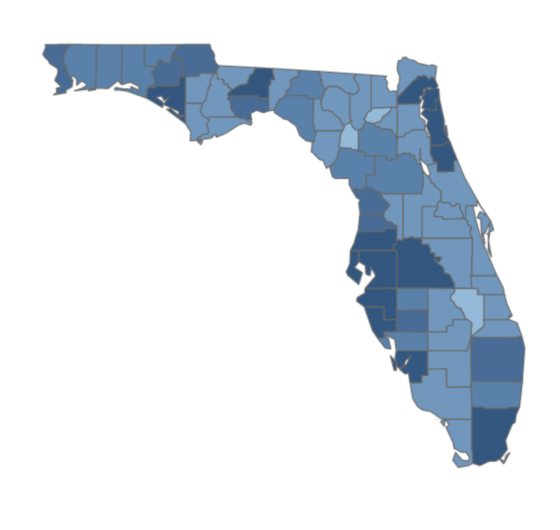
First, stop and take a breath. Calm your fears and recognize that while today might feel terrible, things will get better.
In the case of severe flooding, emotions can be overwhelming and be accompanied by a deep sense of grief over the widespread damage. This is normal! The home that you have loved and cared for has sustained substantial damage. Allow yourself time to grieve and process.
Stop the Water
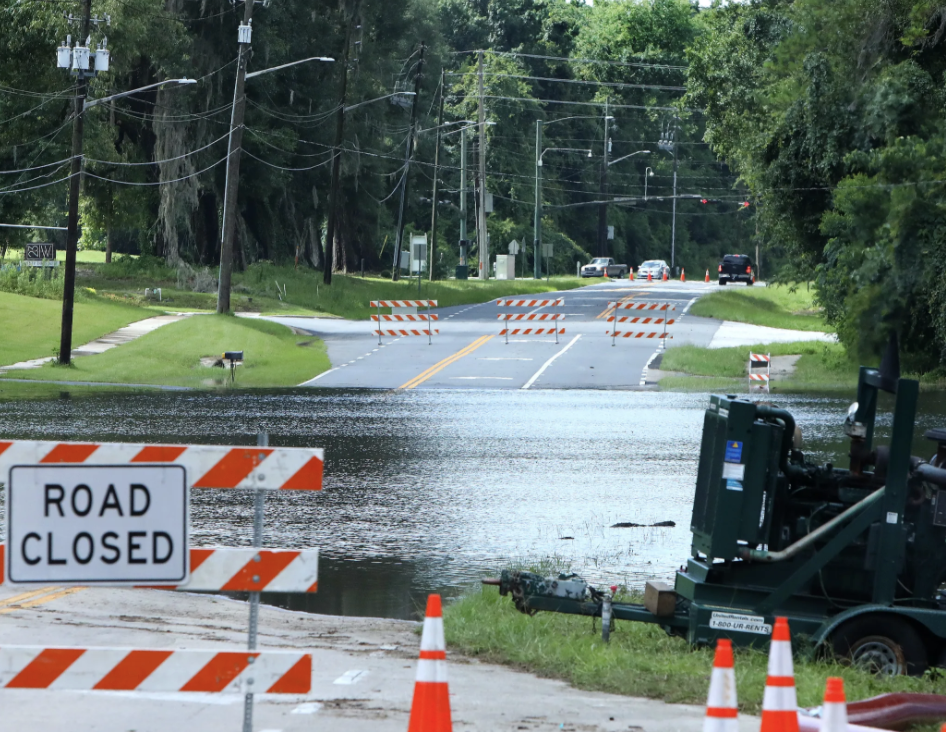
If flooding is caused by storms or natural disasters, you will want to call the city to make sure the storm drains are open and cleaned out to ensure the water recedes faster.
In the case pumps are not working or moving water fast enough, you may need to siphon standing water from your lawn using a garden hose.
Check for structure damage
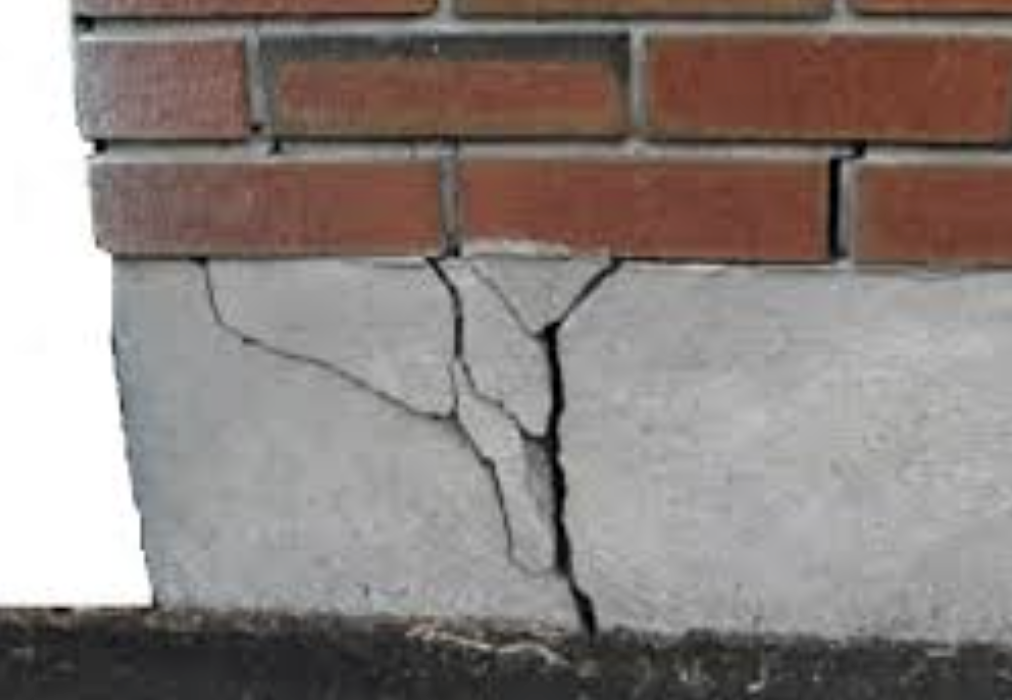
Look for buckled walls or floors as indicators that structural damage has occurred and do not enter when there is a risk of collapse. You should also watch for warped or cracked foundations.
Think Safe
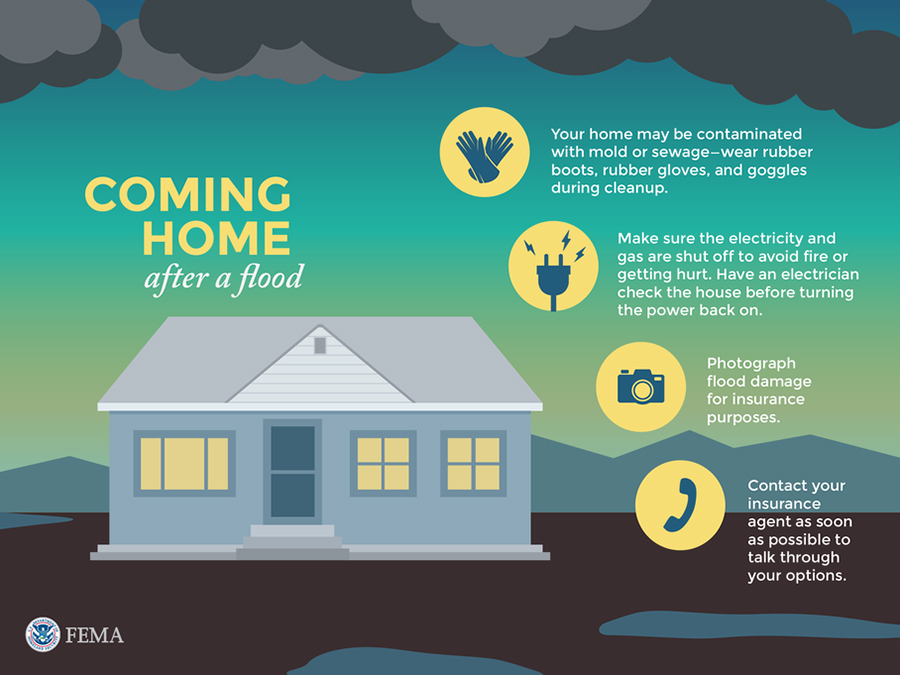
Find your fuse box and turn off the main breaker as well as individual fuse switches. Standing water and electricity do not mix and you do not want the risk of life-threatening dangers when power is restored. Be sure to check out GRU’s Storm Restoration Guide
Safety Clothing

Floodwater can be contaminated or even toxic. Unfortunately, you will not always be able to see these contaminants or hazards, so it is important to wear protective gear. Take precautions not to touch your mouth or nose with your gloves or hands or anything that has come in contact with the water.
The water can be polluted with bacteria, mold, or chemical substances that can be harmful to your health.
Contact your insurance company

You will want to contact your insurance company as soon as possible to speed up the restoration process. Your insurance company will send an adjuster to look at the damage and determine if you are covered for any losses.
Insurance coverage varies depending on the type of policy you have, but in many cases insurance companies will cover flooding due to burst pipes or broken appliances, even backed-up city sewers or storm drains and some acts of nature. Contact your insurance company to know what your policy covers.
If you are a renter, you will need renters insurance to ensure your personal items are covered.
And always remember standard insurance does not cover rising water. Flood insurance is an additional policy purchased separately.
Take pictures of everything

Before you start the clean-up process, be thorough and fully document the damage with pictures and video.
Be sure your photos and video capture the full story of what has occurred, as your insurance company may ask for them.
Keep accurate documentation so that your insurance adjuster can properly access your loss.
Minimize the loss
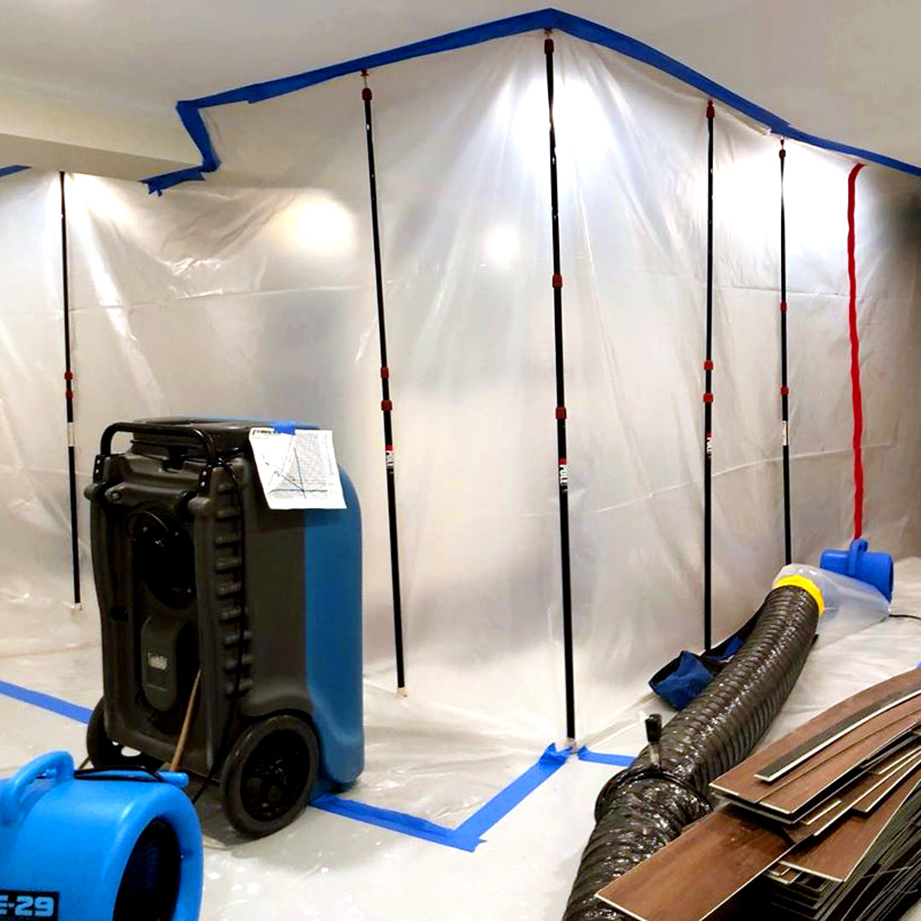
After a flood, remove any damaged possessions that may be salvageable as soon as you safely can and start airing and drying them out, documenting as you go.
According to FEMA, mold can set in as soon as 24 hours after a flood, so the more quickly you remove salvageable belongings, the better chance you have of saving them.
Preventing mold growth needs to be a top priority. Your home needs to be completely cleaned and disinfected after a house flood because mold spores can easily spread and cannot be seen with the naked eye.
Here are some local Gainesville vendors should you find yourself in need of one:
Hopefully you never find yourself in this situation, however, if you do stop and breath, then come up with a plan of action. Also, don’t forget that planning for the unexpected before it happens can make the unimaginable that much easier.

Ashley Cook
Assistant Property Manager
